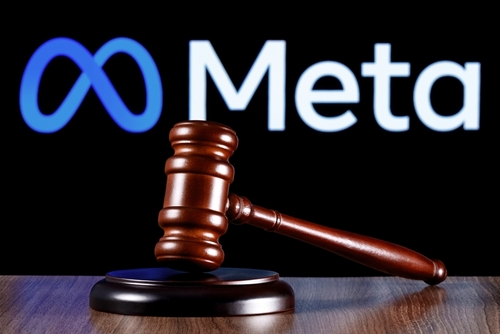1st Circuit upholds Harvard's use of race in admissions; group will seek SCOTUS review

Radcliffe Quadrangle (The Quad) at Harvard University. Photo from Shutterstock.com.
The 1st U.S. Circuit Court of Appeals at Boston on Thursday upheld Harvard University’s use of race in undergraduate admissions.
In a 2-0 decision, the appeals court said Harvard’s race-conscious admissions program does not violate Title VI of the Civil Rights Act, which bars discrimination in programs that receive federal funds. The decision was issued without participation by Judge Juan Torruella, who died last month.
Harvard admits about 1,600 students per year, the opinion said. Last year, it received around 35,000 applications. Because Harvard can’t admit all applicants who would succeed academically, it seeks students who are not only academically excellent but also candidates who are compelling on many dimensions.
During the review process, ratings are given based on academic ability, extracurricular activities, athletic pursuits, teacher and guidance counselor recommendations, personal factors (including “likability” and kindness) and an overall assessment. An applicant’s race can be a plus in the overall assessment.
As the admissions committee whittles down applications, it considers factors that can “tip” in favor of an applicant. The list includes race, ethnicity, legacy status and socioeconomic status.
Students for Fair Admissions, a nonprofit group, had challenged the admissions process, alleging that it discriminated against Asian Americans. The U.S. Department of Justice had filed a statement of interest in the case supporting the group.
The federal judge who upheld the admissions program last year, U.S. District Judge Allison Burroughs of the District of Massachusetts, said it “is not perfect,” but it serves “a compelling, permissible and substantial interest” that is narrowly tailored to achieve diversity.
Burroughs said Harvard doesn’t have a quota for students of any racial group, but it tracks how each group is faring with an eye toward achieving racial diversity and a rich experience for students. Harvard’s tips were part of a holistic review process, she said.
Burroughs acknowledged that Asian Americans would likely be admitted at a higher rate if admissions decisions were based solely on academic and extracurricular ratings. But personal ratings given to Asian American applicants are slightly lower than those given to similarly situated white applicants, she said. And athletic ratings assigned to Asian Americans are also lower. She found no intentional discrimination against Asian Americans.
The 1st Circuit agreed with Burroughs that Harvard’s admissions program was narrowly tailored and consistent with U.S. Supreme Court precedent. The appeals court found no error in her analysis.
Judge Sandra Lynch wrote the opinion for the 1st Circuit in the case, Students for Fair Admissions v. President and Fellows of Harvard College. Chief Judge Jeffrey Howard joined the decision. Lynch is an appointee of President Bill Clinton, and Howard is an appointee of President George W. Bush.
USA Today, Reuters and Politico had coverage of the decision.
Edward Blum, president of Students for Fair Admissions, told the publications that the group would ask the Supreme Court to review the case.
The articles point out that the makeup of the Supreme Court has changed since it upheld a race-conscious admissions program at the University of Texas in 2016.
Justice Anthony M. Kennedy, who has since retired, joined the liberal justices in the court’s 4-3 majority. He has been replaced by Justice Brett M. Kavanaugh. Justice Ruth Bader Ginsburg was replaced after her death by Justice Amy Coney Barrett.
Hat tip to @neal_katyal.



